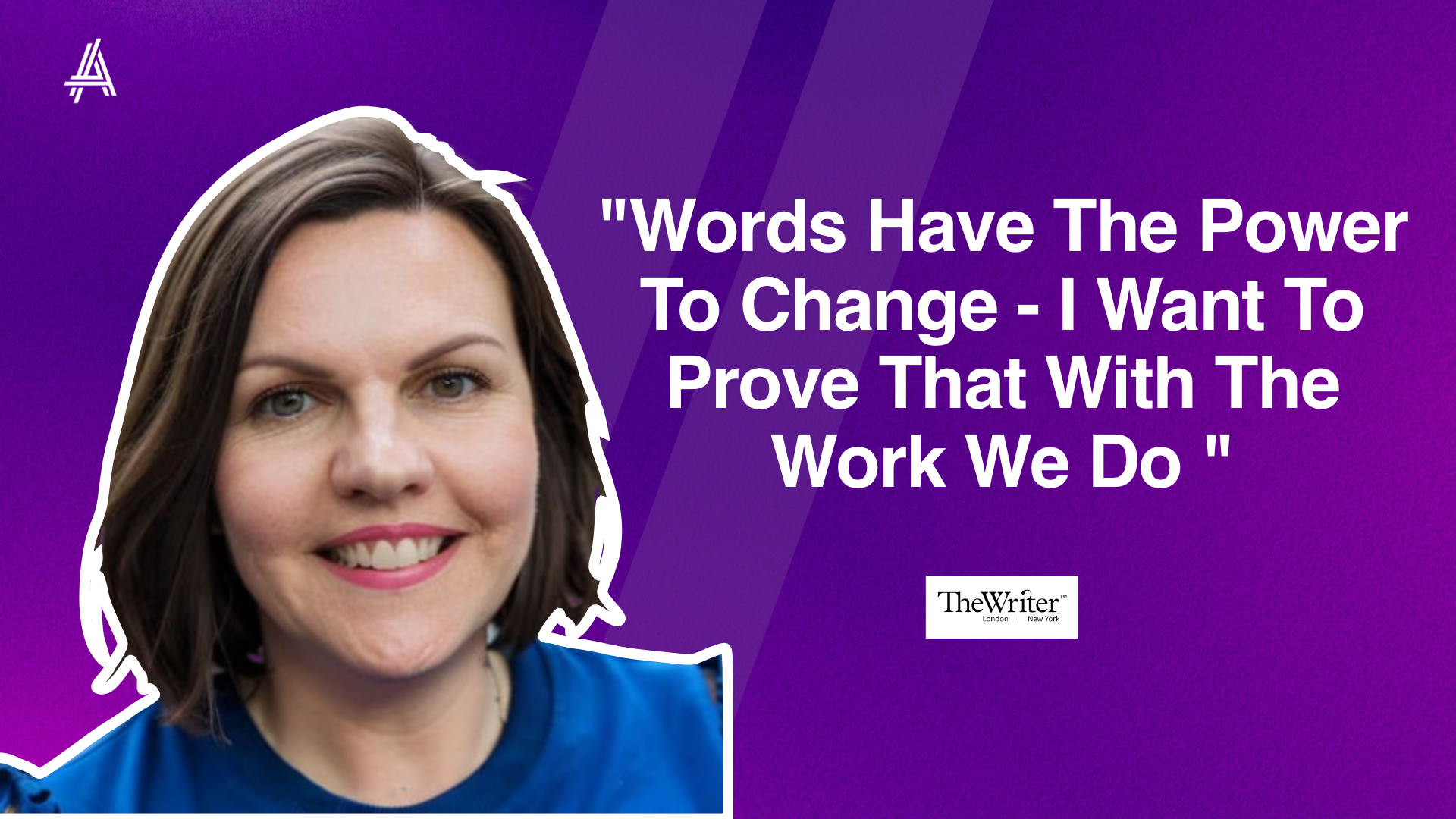Companies around the world have been re-evaluating the work-life balance of their teams throughout 2023, with many businesses embracing the four-day week.
And recently agency leaders took to a social forum to share their experiences with and concerns about reducing work hours. A lot of what was discussed are issues that many may not have even realised were factors when it comes to implementing four-day weeks for staff.
One agency leader opened up about the fact that they are currently experimenting with a nine-day fortnight approach. He said that it is going well so far, but admitted that if it continues to be popular and successful then he will have to create a new holiday policy in the new year.

Another person said that they were also looking at trying a nine-day fortnight but mentioned that he was beginning to wonder if a change in the working week should come with a change in the 28 days plus bank holidays leave time to reflect the tenth day.
Helping to add a broader perspective to the conversation, a third contributor emphasised the ‘math’ behind leave days. He said: “The way to think about it is to take a fortnight off, you would have to take 10 days leave, but now you’ll need to take nine days. So I think there should be a reduction- if they staff are ultimately working less hours.”
The person explained that if the amount of holiday days didn’t change with working days, then all a company would be doing is increasing the amount of leave time and reducing hours. However, he did say that sharing that message to staff in an understandable way is key.
Others who have already successfully implemented a four-day work week and have been using this system for over two years, noted that holidays had been one of the primary challenges. They faced logistical hurdles in scheduling, especially when employees attempted to extend their weekends.
To counter this, the company has encouraged employees to book entire weeks off and spread their leave across the year.
So I think there should be a reduction – if the staff are ultimately working less hours. Otherwise you are really increasing the amount of leave and reducing hours
Interestingly, this person also pointed out that bank holidays have now become the regular non-working day during those specific weeks. Although it initially seemed like a loss of some bank holidays, it has since become seen as a “small trade-off for the added 52 days off in a year.”
But not everyone was on-board with this idea of balancing their teams work and personal life. Instead they shared that their company has adopted flexible working hours, placing importance on logging the required weekly hours rather than strict adherence to traditional workdays. This flexibility has proven beneficial in both attracting and retaining team members.
The buzz around the four-day work week is very real, and businesses so seem to be diving in headfirst. But with every big jump comes a splash, and sorting out holiday time, bank holidays, and flex hours is proving to be a bit tricky. But the good news? Companies are talking, sharing, and most importantly, learning. It’s all about striking that sweet spot between happy teams and smooth operations.
What do you think about the four-day week or the nine-day fortnight? Will you be looking to implement any of these formats in your teams?

Join 3,000+ agencies
Get the Agency Hackers Newsletter, and read candid stories from other agency leaders.
Upcoming events

Join 3,000+ agencies
Get the Agency Hackers Newsletter, and read candid stories from other agency leaders.






